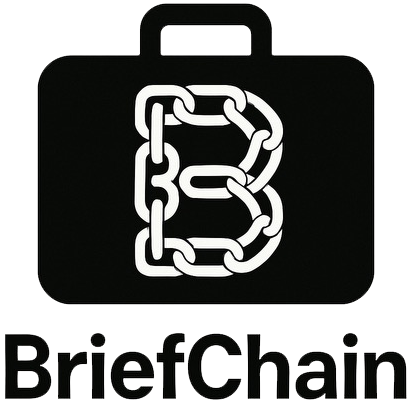It feels like the internet just took a deep breath. For years, critics have accused Google of quietly running the world’s information pipeline, and now the UK’s Competition and Markets Authority is stepping in, demanding that the tech giant ease its dominance over online search and advertising.
The move, outlined in a recent report on regulatory reform and digital competition, could force Google to share more data, open its ad systems to competitors, and stop favoring its own services in results.
It’s the kind of ruling that could ripple far beyond Britain — reshaping how billions of searches are served every single day.
Behind the polite legal phrasing, there’s tension. Smaller firms say they’ve been boxed out by Google’s algorithms for years — their ads priced out, their content buried, their analytics data locked behind black boxes.
Regulators have hinted that the era of self-policing might be over. Some insiders close to the investigation even suggest the CMA’s decision could be a “template” for future EU-level crackdowns on digital monopolies, a sentiment that echoes recent debates about AI’s place in search dominance.
Those debates are already spilling into the open with new insights into how AI is reshaping Google’s ranking model and user behavior, showing that the line between advertising, answers, and algorithms is blurrier than ever.
While regulators are tightening the screws, industries are scrambling to adapt.
In Spain, law firms have begun shifting from traditional SEO strategies to something called GEO — Generative Engine Optimization — the practice of optimizing content for AI-generated responses.
It’s not just about ranking anymore; it’s about being referenced inside AI summaries. One story from the legal sector described how firms now fight to appear in the AI-generated answers clients see first — a battle vividly captured in a report on the rise of GEO in professional services.
That shift has marketers everywhere asking the same question: if AI answers most queries directly, where does that leave website traffic?
A study making the rounds in digital circles estimates that up to 94 percent of AI-assisted searches never result in a click — users simply read the AI summary and move on.
It’s a staggering number, and one that’s fueling concern that visibility itself is disappearing.
In a candid interview, one strategist called it “the internet’s ghost town effect,” captured poignantly in an analysis of zero-click search patterns.
Interestingly, this regulatory moment also overlaps with Europe’s bigger technological ambitions.
Brussels recently committed a €1 billion initiative to strengthen AI development and reduce dependency on U.S. tech ecosystems, a move that hints at growing unease over the concentration of digital power.
As reported in coverage of Europe’s new “Apply AI” sovereignty plan, the program underscores a deeper political goal — to prevent any one company, even Google, from owning the future of search and AI.
Maybe it’s just me, but this whole story feels like déjà vu with a twist. Regulators missed their chance when social media monopolies took over; now they’re trying to catch AI and search before it’s too late.
Whether this new push actually rebalances the web or just nudges Google to rebrand its control — that’s anyone’s guess.
But for the first time in years, it seems like the walls around the search empire are starting to crack, and a little sunlight’s finally sneaking through





